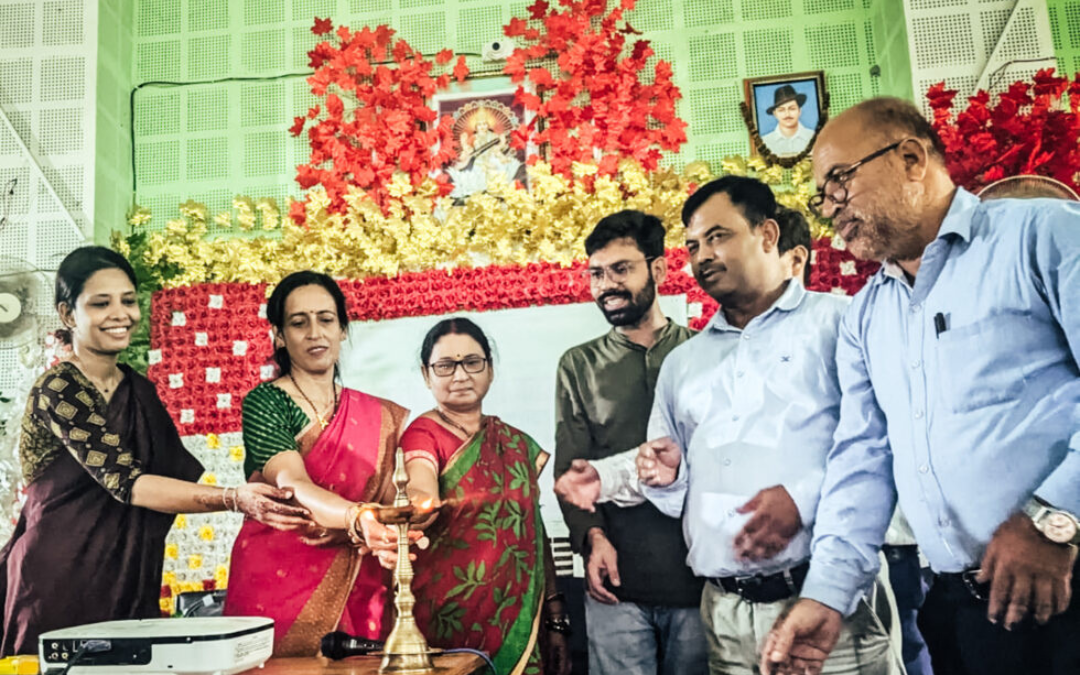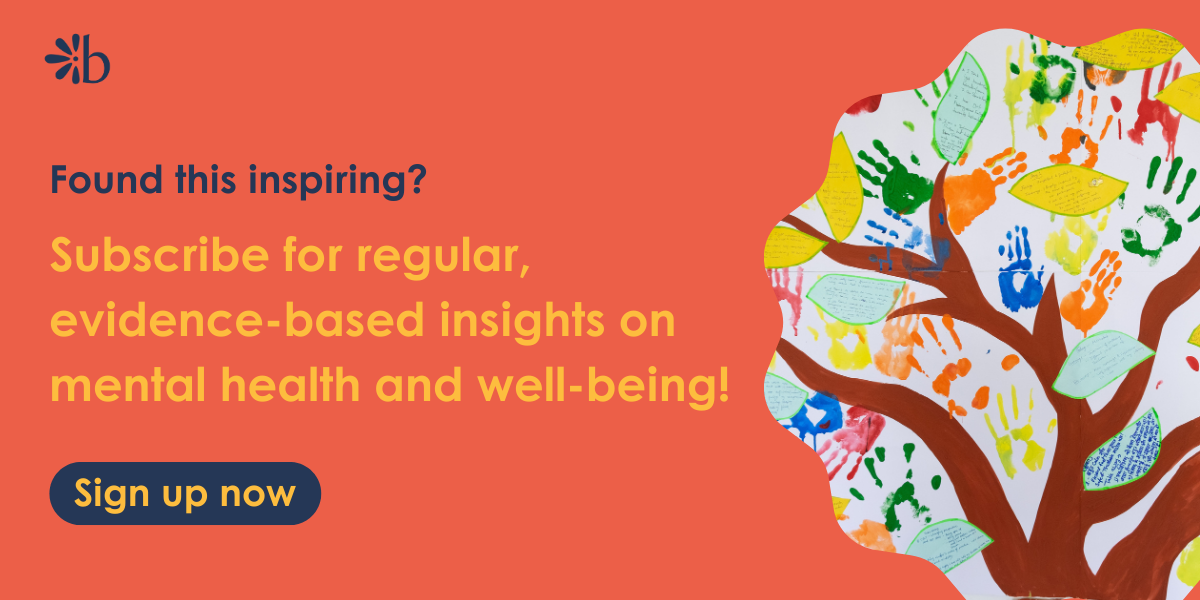It’s World Mental Health Day, a precious moment highlighting the challenges and possibilities of addressing mental health globally. This comes at a critical time. From the residual effects of the Covid era, to the growing impact of climate disasters, to the devastation of violence and mass death from war and genocide, our shared future depends on our ability to care for each other— physically, mentally, and even spiritually.
More recent estimates indicate that 1 in 2 people globally are expected to experience poor mental health in their lifetime. Statistics like these lend legitimacy to what many of Brio’s partners already know: life can be extraordinarily, unbearably difficult. Many of us can attest to the level of pain that causes us to ask deep, existential questions about whether life is still worth living.
And yet, mental health is not the absence of difficult, sometimes frightening existential questions. It’s not about silencing our deepest doubts and fears. Rather, it’s about finding that even in those moments when life has reached a level of hardship we never thought possible, we still can make a choice about what we do next. It creates spaciousness in the midst of pain. In this way, mental health offers an inner liberation leading to external choices that, together, can shift the story of us.
Wisdom is found when we pause to seek it
Brio partners with incredible social change leaders around the world, who believe mental health and wellbeing are crucial to the survival and flourishing of their communities. We have the honor of working with them to imagine how mental health can not only heal deep wounds and prevent greater suffering, but also bring vitality and wholeness to everyday life.
While we collaborate by offering insights and ideas to strengthen mental health in meaningful ways, it’s also Brio’s responsibility to share what we bear witness to daily: the exercising of wisdom in moments that, too often, are taken for granted or altogether missed. We know what it’s like to lead initiatives on the ground, to become so absorbed in the work that perspective-taking and lesson-harvesting can feel out of reach.
As our partners’ companions with the privilege of observation, we strive to make space for this kind of learning. And it’s our duty to share what we’ve learned.
5 lessons from our partners in strengthening mental health at the community and population level
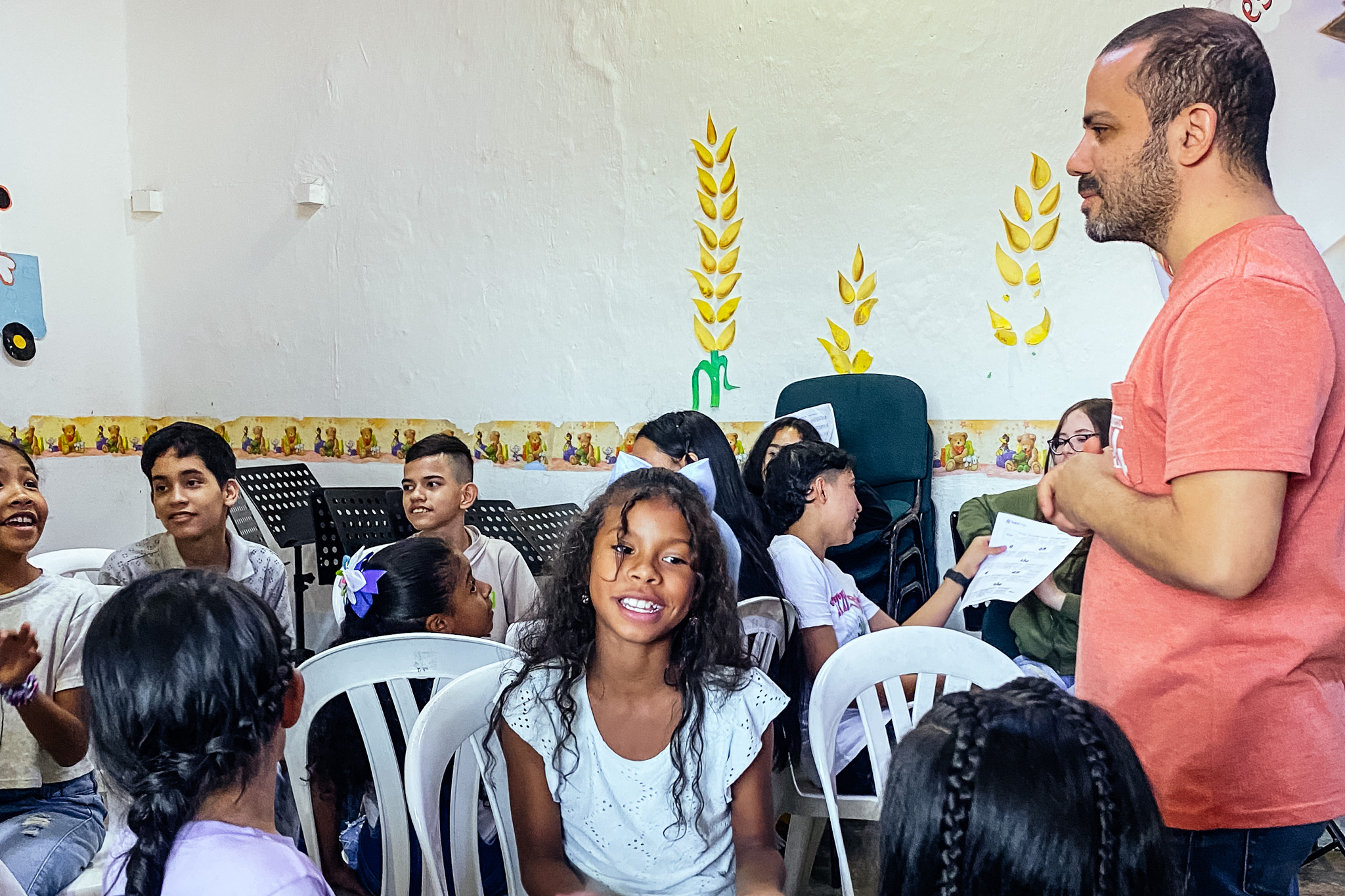
1. Storytelling is sacred and an intervention in its own right.
Using one’s voice and experiencing personal agency are inextricably linked. When our partners invite participants to tell their story, they do so first by building trust: your story is respected and honored here. And they recognize that a person’s storytelling process, called testimonios in liberation psychology, can be freeing in itself. We’ve been honored by the opportunity to sit in numerous circles of individuals sharing about their inner experience. Mutually bearing witness as a person chooses their own narrative, is healing in itself.
(Learn more about storytelling practices to support mental health here.)
2. Listen carefully to community experiences and represent them fiercely.
Many of our partners are bridge-builders, which is why they’re able to draw from deep community rootedness to facilitate systems-wide change. To do this effectively, they must listen less through the lens of their own mission— and focus fastidiously on the true experiences of community members. This means setting aside an agenda or theory of change and bringing an openness and curiosity to hear what community members need and want. It’s a willingness to be incorrect; and then, critically, to interpret and translate these perspectives at the tables of negotiation with stakeholders, funders, and other collaborators.
We’ve watched partners listen carefully to understand the experiences of children, teachers, indigenous families, young adults, refugees, adolescents— and bring those voices into the rooms of “power” where decisions are made. It takes guts to offer loving corrections when you also need the approval letter, the funding, the permission to proceed. And it’s radically important.
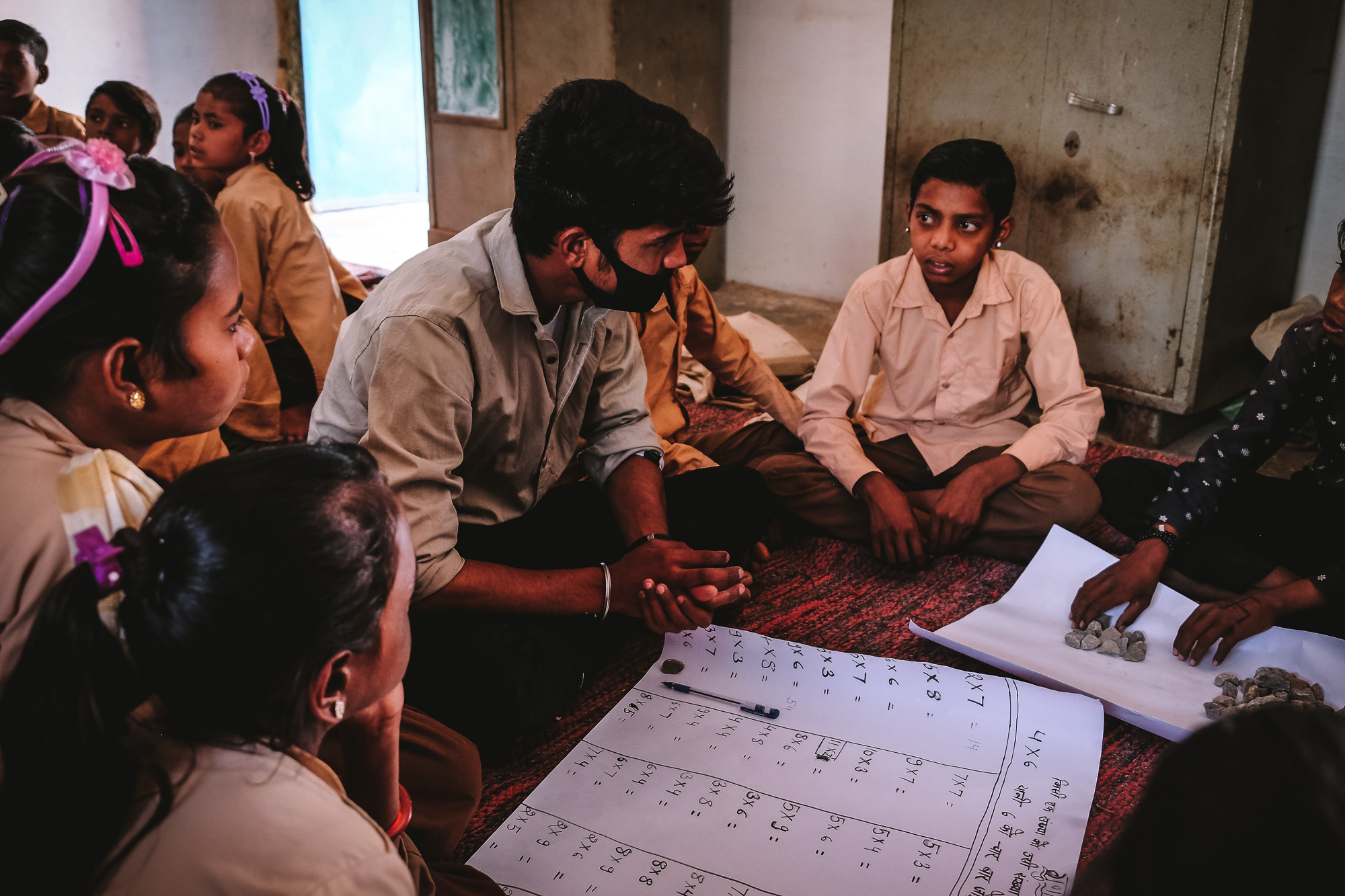
3. Find champions for wellbeing in the systems where you work— and empower them.
For our partners who’ve worked to scale mental health within large organizations, the challenge is bridging the gap between what is needed on the frontlines and what degree of change is tolerable or attractive at executive levels. These partners have learned to “find the others”— those who agree (enough) about the importance of mental health and wellbeing to build an internal coalition. Once identified, offering those champions opportunities to join in conversations, provide suggestions, co-create initiatives, or even receive more resources builds the movement within. Mutual empowerment is deeply motivating.
This is also true of partners who work with government systems. Finding kindred spirits who are willing to take risks (albeit small at first) to support wellbeing, and fueling them with inspiration and motivation, is a strategy that has led to bigger changes over time. Ultimately, the lone wolf self-narrative is unhelpful because it refuses to recognize that others might be on the same page, and excludes what they can do to build momentum. When working together, despite differences of opinion, we find pathways more quickly and creatively.
4. Strengthening mental health is transformative, and greater than the sum of its parts.
Our partners have led the conversation about mental health and wellbeing for years, because they see its potential to support and vitalize their communities. In the social change sector where many operate on a shoestring budget, are overwhelmed with requests, and find it difficult to experience leisure for themselves, the choice to focus on mental health is a radical statement about what’s important.
While we can affirm that mental health is a basic human right, it is also much more than this. Partners choose to integrate mental health precisely because they know that the effort and resources required will create an outsized effect on improving the lives of participants. We’ve seen this in nearly every program we’ve co-created: participants experience healing and a deeper engagement in their own lives; they become more clear on what’s important to them; they become less paralyzed by their inner experiences; they shift the way they work, learn, and interact with others; they create change for themselves and others.
Our partners have shown us again and again that mental health and wellbeing are not just the luxurious top of Maszlow’s hierarchy or a single pillar in our quest for development. It fuels the other shifts we want to see by fostering healing, dignity, and agency at the community level.
5. The depth and quality of your relationships determine your impact, no matter how broadly you scale.
Conventional models of collaboration focus on aligning incentives. While there’s a place for finding “wins” for each stakeholder, the sustainability of any initiative is reliant, long-term, on the quality of human relationships.
We know this for a few reasons— guilt and shame are psychologically proven to be terrible motivators. Sure, short-term hedonic rewards can build personal habits. But ultimately if we are to work together to move proverbial mountains, sticks and carrots (i.e. rewards and punishments) alone are not enough. Positive relationships are an intrinsic motivator: they are rewarding in and of themselves.
Our partners are master relationship builders, from the community level to the systemic level. They recognize the humanity in each person first, before their position of power, what they need or what they can do for us. They find what is important to each individual and help them frame our collaborative work through that lens. They build authentic connection through shared personal values.
Of course, there comes a time when the MOUs must be signed and accountability structures put in place. But what so many organizations get wrong is that paperwork alone is a house of cards when no one involved feels invested at a personal level.
If we consider the greatest movements of our time, advancing what modern humanity holds most dear, we see deep friendships at the core. We also see communion and generosity of spirit— long before the paperwork is signed.
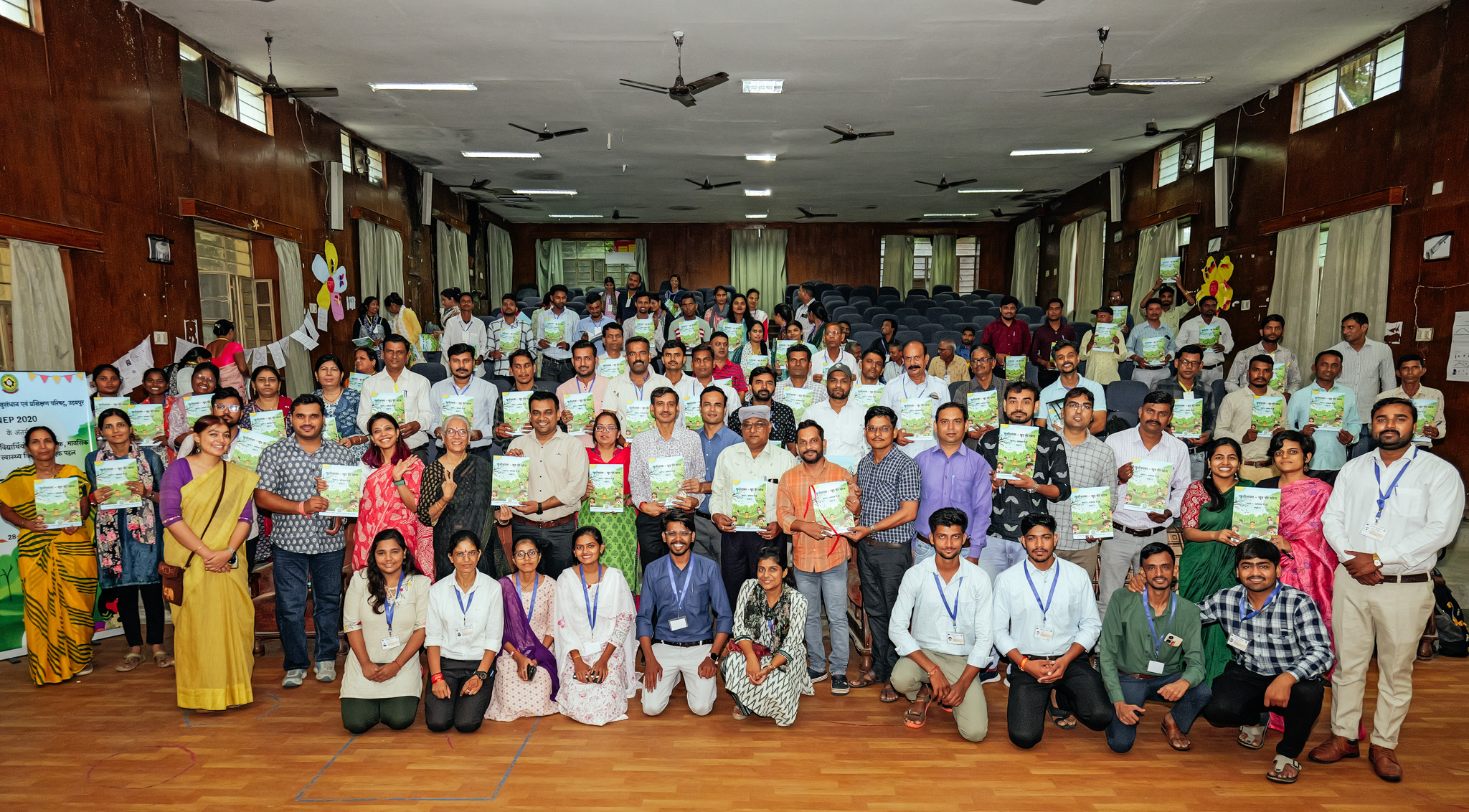
A bonus lesson from Brio: funding is a necessary enabler but not sufficient alone.
The principles above were learned through exciting progress and numerous disappointments together with our partners on the way to making mental health a priority in the contexts where they work. From the beginning of Brio, we learned immediately that raising funding and moving capital would be a critical part of our work, and also never the only work. As an ingredient, money is necessary and not sufficient. From day one, our first partners at Casa Victoria told us that they also needed our thought partnership, our ideas, our friendship.
So for those who want to support mental health around the world through financial means, please do. We are so grateful for you. Mental health is a worthwhile “investment” because it can yield the personal resilience and shared liberation we desperately need today.
And also, don’t forget that the wisdom and practices we’ve learned from our partners are just as critical as funding to achieve our aims. Let’s help each other build these capacities, so that we can cultivate flourishing for everyone in our lifetime.
Happy World Mental Health Day!

